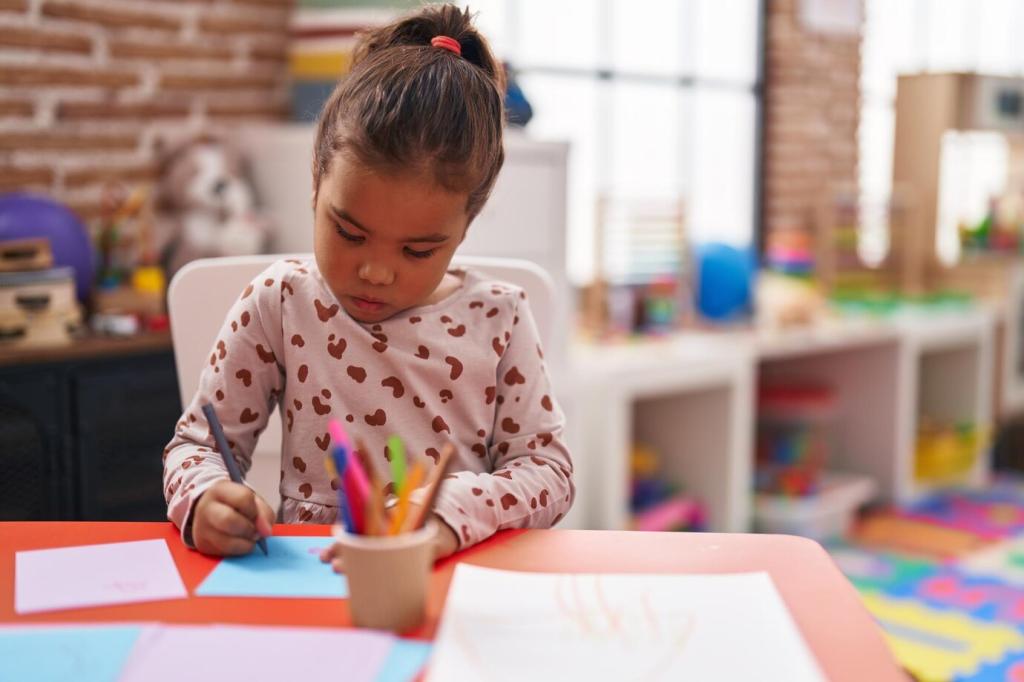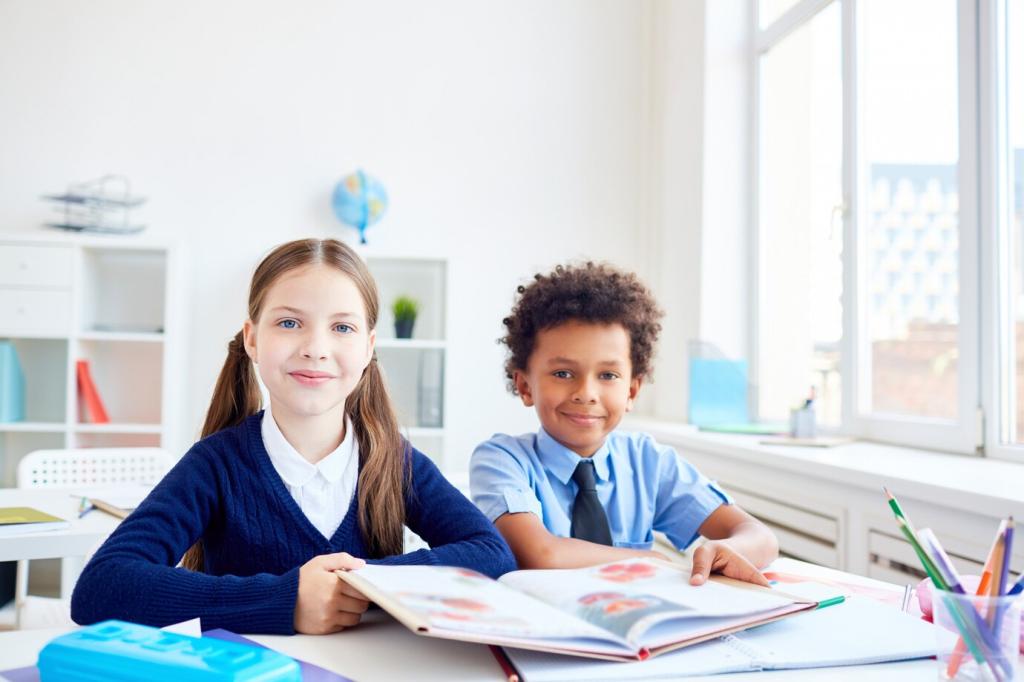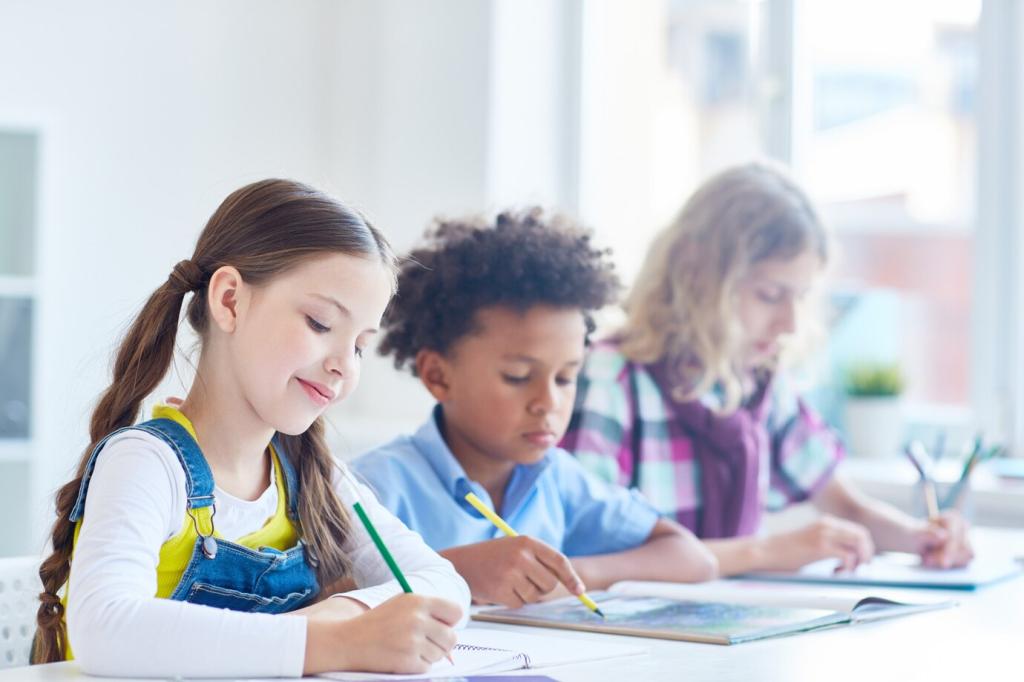Social Problem-Solving and Conflict Resolution
Teach a three-step routine: pause body, name feeling, pick a respectful choice. Practice with low-stakes scenarios first. Post icons where conflicts often arise. Invite children to invent hand signals that cue the steps without shaming anyone.
Social Problem-Solving and Conflict Resolution
Offer sentence frames: “I feel… when… I need…” and “Can we try a turn-taking plan?” Rehearse during circle time. Encourage kids to write their own scripts and perform mini-plays. Send us your best playground scripts to inspire others.






